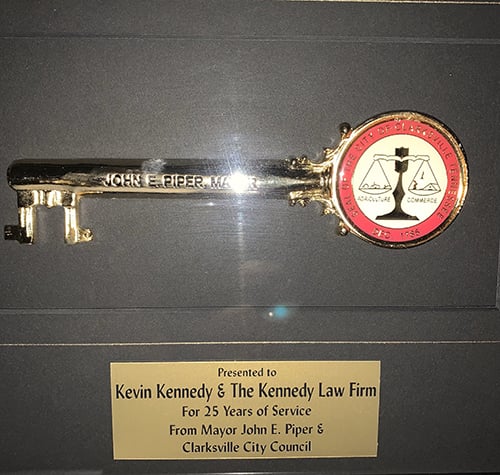The Federal Employers’ Liability Act
The Federal Employers’ Liability Act (FELA) deals with a railroad carrier’s liability to its employees for industrial accidents. If the carrier is engaged in interstate or foreign commerce, the carrier will be liable for its employees’ injuries or death. However, the carrier is only liable for injuries or death that result from the negligence of the carrier’s officers, agents, or employees or from a defect in the carrier’s cars, engines, tracks, or machinery.
Changes to Common Law
At common law, an employer’s liability to his or her employees was limited and was subject to many defenses. The FELA made drastic changes to the common law. Under the FELA, a carrier cannot claim the defenses of the negligence of a fellow employee or the employee’s assumption of the risk. The employee’s contributory negligence does not bar recovery of damages by the employee. If the employee is deemed to be responsible for some of his or her injuries, the employee’s damages are reduced only in accordance with the employee’s proportionate responsibility.
The FELA is a statute that leaves most of an employee’s remedies to the courts. It does not set forth the employees’ remedies with the specificity found in most state workers’ compensation statutes.
The FELA was enacted to protect railroad employees from industrial accidents and was intended to be liberally construed and to provide liberal remedies to the employees.
Jurisdiction
Although the FELA is a federal statute, not all cases under the FELA must be brought in federal court. An FELA case may be brought in state court. When an FELA case is brought in state court, the substantive rights of the parties are controlled by federal law. The procedural rights of the parties are controlled by state law unless the state procedural law conflicts with the FELA.
The FELA applies to employers who are common carriers, who operate railroads and engaged in interstate or foreign commerce. A common carrier is a carrier willing to serve the public. Although a common carrier does not have to deal directly with the public, it must operate a railroad and perform rail services. The carrier must operate a “going railroad.” The carrier must be engaged in rail services and not just be performing some railroad functions. The carrier must also be engaged in interstate or foreign commerce. Although the carrier does not need to cross state lines, it must be linked to interstate or foreign commerce.
To be entitled to compensation under the FELA, an employee must prove that there was an employer-employee relationship that his or her activities were related to interstate or foreign commerce, and that his or her injuries occurred in the course of his or her employment. The employee cannot be an independent contractor. The carrier must have the right to control the employee’s work. The employee is engaged in interstate or foreign commerce if any of his or her duties further interstate or foreign commerce or if any of his or her duties directly, closely, or substantially affect interstate or foreign commerce. The employee’s injuries must be related to his or her job and must occur during the course of his or her employment.


